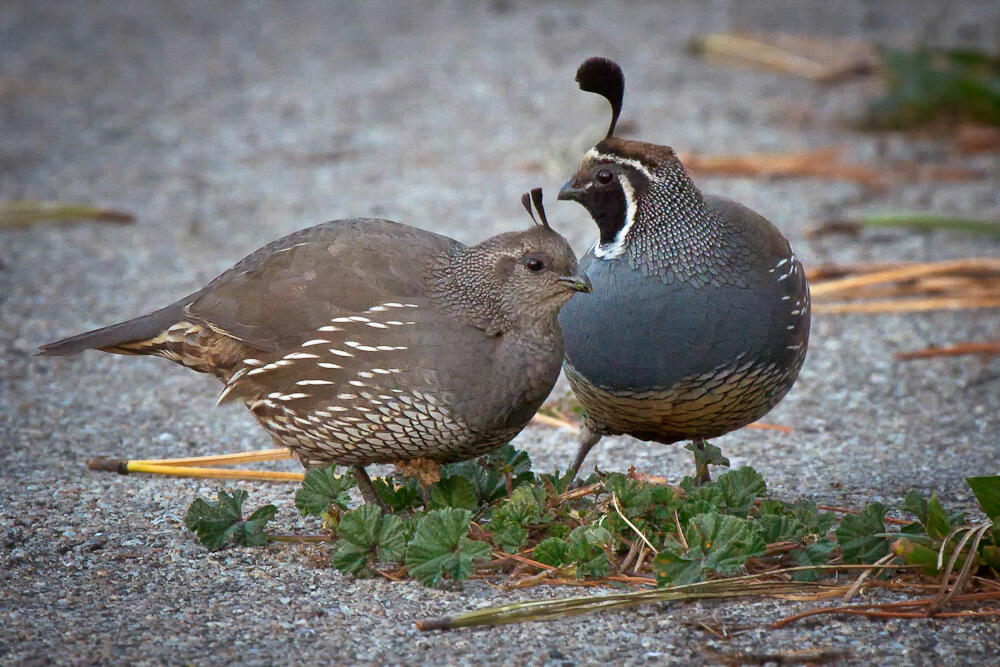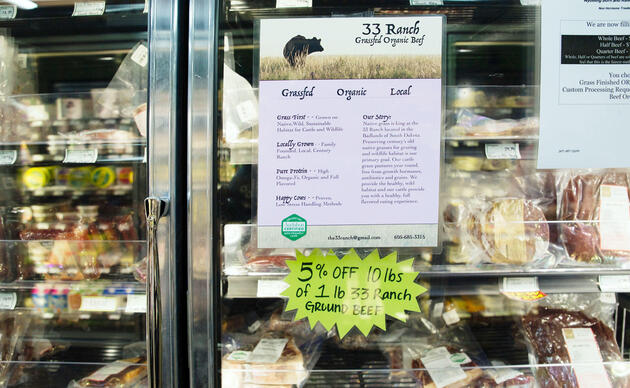
Sound policy grounded in science can create impacts that last for generations. Advocating for priorities at the state legislature gives us an opportunity to protect birds at a statewide scale while driving transformational investments into restoring and conserving habitat.
Audubon California led efforts to protect birds and their habitats in California’s 2023 legislative session through advocacy in the state budget, preventing harmful rollbacks of environmental protections, and leading work to pass three bills in the 2023-24 legislative session: legislation encouraging conservation practices on private rangelands, protecting our night skies, and ensuring that groundwater supplies are available for vulnerable communities and managed wetlands. Audubon’s leadership was also key in moving forward projects and policy aimed at helping the Salton Sea, as well as in supporting legislation and budget investments aimed at conserving and protecting our state’s land, water, and biodiversity.
This year's slate of Audubon-supported or sponsored legislation included the following:
AB 720: Conservation Ranching
AB 720, by Asm. Dawn Addis (D-Morro Bay), unfortunately did not pass out of the Senate Appropriations committee. This bill would have protected grassland bird species like the Western Meadowlark and Grasshopper Sparrow. The bill included grants for bird-friendly, sustainable ranching under the existing Rangeland, Grazing Land, and Grassland Program administered by the California Wildlife Conservation Board, one of the primary funders of conservation in the state.
Grasslands are among the most imperiled ecosystems in the world. As a result, grassland birds have declined more than any other bird group on the continent, by as much as 80 percent for some species. California’s 61 million acres of rangelands provide food, carbon sequestration, water infiltration to soil, and habitat. The vast majority of grassland birds breed on private lands, which is why working with ranchers and developing partnership incentive programs like the one in AB 720 are so important. Audubon will continue working with ranchers, the Legislature, and Newsom administration to improve conservation outcomes for grassland birds throughout the state.
AB 38: Save Our Night Skies
AB 38, by Asm. Alex Lee (D-Santa Clara), did not pass out of the Senate Appropriations committee. This bill would have protected migratory birds by reducing the harmful impacts of light pollution. The bill would have required outdoor lighting fixtures on state buildings and structures, including state parks and lands, to have an external shield to direct light only where it is needed and to be equipped with a shutoff device.
Light attracts nocturnal-migratory birds and diverts them from safe migration routes into human environments, where they are more susceptible to collisions with buildings. A 2017 study found that reducing artificial nightime lighting by half can result in roughly 60 percent fewer bird collisions. Unnecessary light pollution also harms other wildlife and human health. AB 38’s sensible reform promoted safety for migratory birds, insects, and people. Audubon and our partners will continue working to reduce unnecessary light pollution though the regulatory and agency policy processes.
SB 583: Salton Sea Conservancy
SB 583, by Sen. Steve Padilla (D-San Diego), establishes the Salton Sea Conservancy, a critical step in the long term, successful management of the Salton Sea. The Conservancy will help unite and coordinate efforts to protect human health and provide wildlife habitat at the Salton Sea. The Salton Sea is a globally significant Important Bird Area, and has served as a major nesting, wintering, and stopover site for millions of birds over the past century, representing some 400 species. Shorebirds, as well as shallow-feeding ducks such as Northern Shovelers and Ruddy Ducks, winter at and pass along the Sea in massive numbers, a life-giving oasis worthy of protection in an arid landscape.
AB 828: Protecting Managed Wetlands and Small Community Water Systems in Groundwater Management
AB 828, by Asm. Damon Connely (D-San Rafael), provides limited protections for small community water systems (fewer than 1,000 household connections) and managed wetlands against pumping reductions and fines under the Sustainable Groundwater Management Act (SGMA). Nearly 85 percent of Californians depend, in whole or in part, on groundwater for their public water supply. That number increases for small water systems. Small community water systems are also most likely to depend on a single source for their water supply, leaving them acutely vulnerable to drought or over-pumping by their neighbors.
Managed wetlands are a critical natural resource, providing habitat for migratory waterfowl, various endangered species, and resident wildlife and fish populations. Public benefits of managed wetlands include water quality improvement, flood protection, recreation, and opportunities for scientific research.
AB 828 addresses some of the issues raised in a recent study that found that most California Groundwater Sustainability Plans fail to protect vulnerable communities and the environment. The bill was held back in the Assembly Water, Parks, & Wildlife Committee, but will continue to be developed and heard again in January 2024.
Bond Legislation: Investing in Conservation
Two climate bond proposals, SB 867 (Allen) and AB 1567 (E. Garcia), seek to create over $15 billion in funding for key programs, including Central Valley wetland protection and restoration, Salton Sea improvements, coastal climate adaptation, and increasing access to nature through parks and open space.
The Legislature must finalize a united climate bond proposal in the coming months that is approved by a two-thirds vote in each house. If the Governor then approves the bill, the unified climate bond proposal will be taken to the voters. With your support, we will see it succeed on the November 2024 ballot. Not sure exactly what a bond is or how a climate bond can directly benefit birds? Read our explainer here.
We have many opportunities this year to advance bird conservation through the legislature, and a lot at stake over the next month. Sign up for Audubon California’s action alerts to stay apprised and take action and advocate for these policies when the time comes.
By Samantha Samuelsen
Buy products raised on Audubon Certified bird-friendly land.
Your guide to the ranches and retailers that sell products raised on Audubon Certified bird-friendly land.




